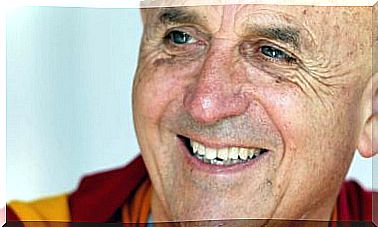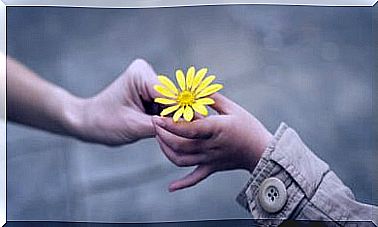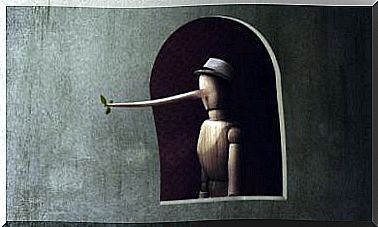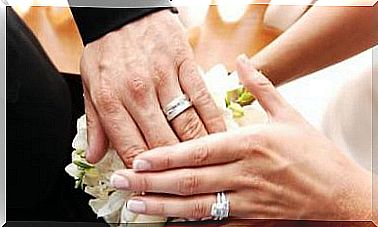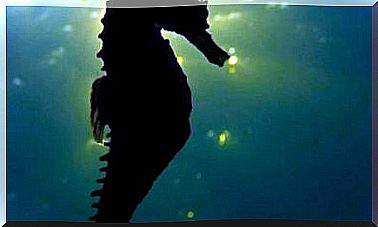The Toxic Personality According To Robert Sternberg

Robert Sternberg, a benchmark in personality and intelligence psychology, recently wrote an article on toxic personality. He defined this profile as highly damaging, unethical, and very adept at emotional exploitation, selfishness, and arrogance. Thus, according to this Yale professor, we are dealing with a type of people who increasingly pollute our society.
It is striking that someone like Sternberg also approaches this concept, that of “toxicity.” There is no lack of those who disagree, who see in this term a certain lack of rigor and a lot of that popular psychology that often permeates our conversations. However, this word seems to symbolize very well a type of behavior that most of us easily identify.
Sternberg begins by reflecting in his article on the advances and setbacks of our world. He noted, for example, the significant increase in our IQ (two standard deviations from last century). Now, something that by itself would undoubtedly be more than encouraging, is brought down by a not very optimistic detail.
According to this personality and intelligence expert, it seems that, in general, we do not use our intelligence in favor of the progress of humanity itself. Many of our political leaders demonstrate, for example, a toxic personality that is as harmful as it is dangerous to all of us. What’s more, if there’s one thing we need, it’s educating our young people on the very reverse of what toxicity symbolizes: wisdom.
Let’s see below more data on which to reflect that Robert Sternberg proposes.

The toxic personality seduces and pollutes
Sternberg’s article is titled “Wisdom, Folly, and Toxicity in Human Development.” As an educator and a leading figure in this field of psychology, the celebrated Yale professor wonders why the wisest, most humble, and well-meaning people are not so important in our society or in our business settings.
In this work we are warned that we are increasingly “contaminated” by this type of presence, by this toxic personality that greatly limits our authentic human potential. Thus, in an attempt to understand this profile a little more, Robert Sternberg reels us point by point the characteristics that usually identify them.
Toxicity and the dark triad
Toxic personality is related in some cases (not all) to what is known as the dark triad. This type of profile is made up of three very specific features:
- Narcissism: behavior tending to grandiosity, selfishness and vanity.
- Machiavellianism: relates to a cold and calculating personality.
- Psychopathy: impulsivity, lack of awareness and empathy, search for emotions and tendency to criminal behavior.
Toxicity and the dark triad are linked at confluent points such as, for example, exploitation, unfair treatment, arrogance and dominance, as well as the absolute lack of emotional connection with those around them.
The foolish toxicity and the toxic person with high intelligence
Robert Sternberg cautions that there are two toxic personality types:
- First we find the toxic fool. It is one who, without having a remarkable intelligence, uses followers to project dominance and harassment on others.
- Likewise, there is also the intelligent toxic, one who with an IQ above the average uses his ingenuity for selfish and even dangerous ends.
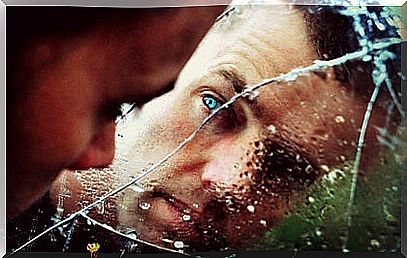
Toxic personality is the opposite of wisdom
Intelligence is not the same as wisdom. This last concept is understood as the highest and nobler link in human development and, therefore, is the opposite of toxicity itself.
- The wise person is ethical, attentive, sensitive to the needs of others and able to distinguish between what is good and bad, what is useful and what is not.
- Likewise, wisdom is also having analytical capacity, creativity and ability to solve problems.
- Wise minds know how to do justice through honesty and openness. They do not understand selfishness, they do not seek power and are always guided by the highest values.
Cultivate ourselves as people not to fall into toxicity
Robert Sternberg points out that curious as it may sound, the toxic personality is always more socially attractive than the wise person. It has more resources in terms of seduction, it knows how to climb positions and ends up occupying spaces by withdrawing those who would be most valid (and valuable) for our advancement as a society.
Thus, something that the Yale professor suggests is that we work on ourselves. We need to invest in wisdom to curb toxicity, so as not to contaminate ourselves , protect ourselves from it and avoid falling into these same dynamics. These would therefore be some simple strategies to achieve it:
- We must train and shape a more flexible and less dogmatic type of thinking.
- We need to enhance emotional intelligence.
- You have to reflect on your own thoughts, feelings and beliefs.
- We must invest in the study of ethical values, in philosophy, in reasoning …
- We must value our experience, draw lessons from what we have learned in life.
- We must teach children that whatever is learned can be used for good or bad.
- It is necessary to be aware that respect and good have an impact on all of us.
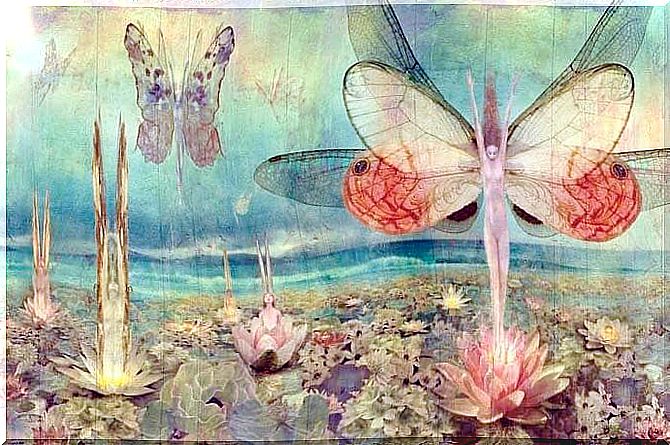
Let us therefore reflect on these points and remove this type of adverse presences from our daily lives to achieve a fuller, freer and more dignified existence for all.
